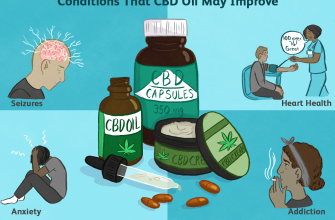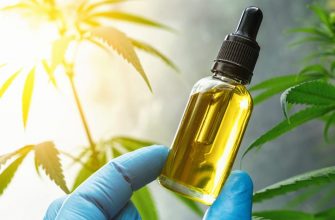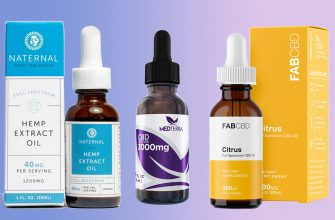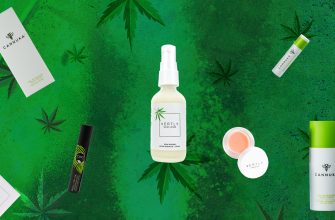Why, contrary to research on the beneficial properties of cannabis, many doctors to this day do not prescribe drugs made from hemp to treat severe patients.
Is Marijuana Research Really Unavailable?
It turns out that there are many clinical studies that the public does not see. Due to government restrictions on academic research, some private companies have taken it upon themselves to conduct their own research and collect their own data, often with the support of nurses or doctors. The collected data is used to optimize the clinical performance of these private companies’ own products, and the research shows exciting and promising results.
Because these companies and their private research are not approved by the institutions that are required of academic institutions, they are often simply prohibited from publishing their research in public, peer-reviewed journals. In addition, it is impossible to control the correctness of these “private” studies and the reliability of the results obtained. However, these privately collected data are probably a significant source of cannabis clinical research. However, most of them, unfortunately, remain unpublished.
Why is the data on the effectiveness of cannabis inconsistent in different studies?
In addition to the problem of obtaining research funding, there is the problem of where to get marijuana. In many cases, obtaining cannabis for clinical research is not easy.
For decades, the University of Mississippi was the only licensed facility to grow marijuana for research purposes. However, some researchers claimed that the cannabis they received did not look or smell like traditional hemp, could be moldy, and had only 8-12% THC. This may not be such a bad thing if you are trying to research the health benefits or harms of this particular variety of drugs. However, if this particular dubious product also has dubious medicinal benefits, is it possible to draw conclusions about all varieties and preparations of marijuana at once? Of course not.
The inability to systematically test different varieties and preparations of marijuana has led to researchers being unable to confirm or refute the claims of cannabis patients.
An alternative, and far from ideal, solution in this case would be to simply screen patients to see how various drugs, including marijuana, affect their symptoms. In this way, the results of patients taking cannabis can be compared with other patients taking other drugs, or no drugs at all.
There is a wide range of frequency and history of marijuana use, not to mention the variety and preparation of cannabis consumed (only recently there have been studies comparing THC-rich cannabis with CBD-rich cannabis). Should we expect someone who uses cannabis to treat anxiety and smokes a THC-rich drug 4 times a day to get the same result as another patient who drinks a CBD-infused tincture twice a day? Probably not.
Why do some research reports report serious cannabis side effects while others claim it is safe?
Studies in rodents and humans show that THC in high amounts can cause acute anxiety, paranoia, and even psychosis. But it is important to note that often these effects occur when using products that are high in THC and low in CBD. The fact is that the level of THC in most marijuana strains has increased over the past 20 years, while the level of CBD has decreased. Most medical patients who use cannabis do not receive high doses of THC. Current research suggests that most patients undergoing treatment for a variety of ailments would benefit from a THC/CBD balanced or CBD rich product.
What about pure CBD? Is it supposed to have minimal side effects? Actually, it depends on what kind of study you are reading. There are known clinical studies of CBD in the treatment of childhood epilepsy, which indicate several side effects, including diarrhea, fatigue and drowsiness. Some patients had these side effects, some did not. But is it true that it is CBD that causes these effects? Unknown.
In clinical trials (e.g., in the third-degree epilepsy study), due to ethical concerns, patients were treated predominantly with their prescribed anti-eleptic drugs, with CBD used as an “additional treatment”. CBD is known to inhibit liver enzymes that are essential for the metabolism of other drugs, so it is possible that some of the side effects are caused by CBD interactions with other drugs and not CBD per se. But at the moment, scientists really don’t know this for sure, and significant clinical research limitations prevent them from figuring it out.
However, those cases where the drug has shown itself to be ineffective should also be carefully studied. Is it possible that a drug would give a good result that was spoiled by wrong methods of treatment? All this constitutes a problematic field of cannabis research. These studies are and will continue to be conducted through the efforts of many scientists, including in countries with fewer restrictions on marijuana research than in the United States.





